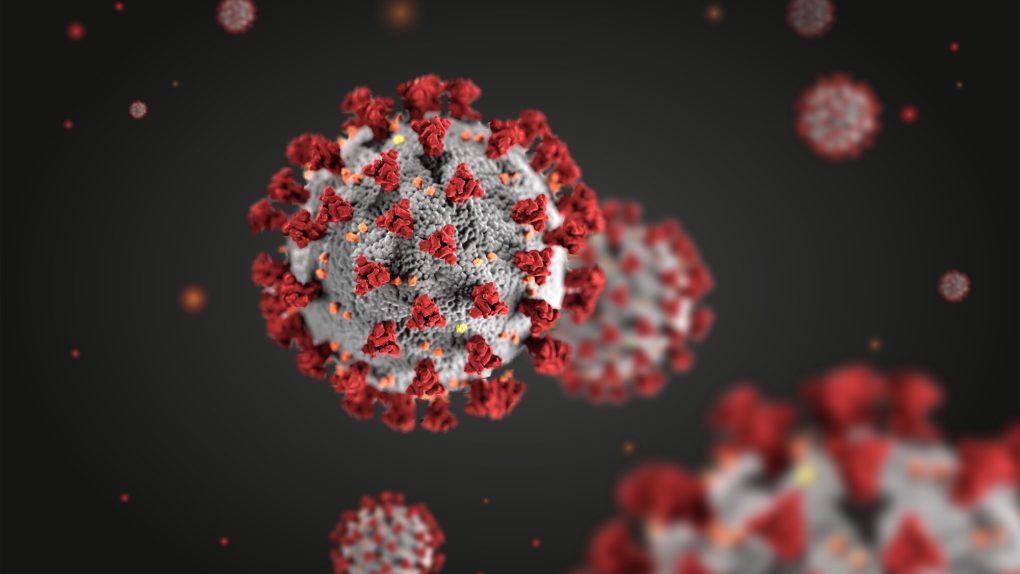- The CDC has prepared a website with an interactive map helping people in the US keep track of where the more transmissible coronavirus variant strains are being identified around the country.
- The CDC’s COVID-19 variant map currently tracks the new, more contagious strains from the UK, Brazil, and South Africa.
- The new strains are more infectious, but public health experts like White House chief medical adviser Dr. Anthony Fauci say they’re not yet more deadly, at least not at the individual level.
According to the latest COVID-19 data from the researchers tracking the pandemic at Johns Hopkins University, there have been almost 26.4 million coronavirus cases identified in the US since the start of the pandemic. The number of coronavirus deaths, likewise, has now surpassed 445,000. Driving much of that activity now, and sparking growing scrutiny and concern among public health experts like White House chief medical adviser Dr. Anthony Fauci, are the coronavirus variants that are multiplying around the US.
These now strains of the virus, from places like the UK and South Africa, are more transmissible — albeit, at least so far, not more deadly. Not at the individual level, at any rate. The effect of these more contagious strains on populations as a whole, however, is more ominous. Even though the main worry for individuals is that it’s easier to catch these new strains, logic follows that the more people who catch them, the greater the chance that someone in that new pool of people will develop a coronavirus infection that turns deadly. Which is why, at the population level, these new COVID strains are extremely worrisome.
To get an idea of the extent to which these new variants can take over and become dominant, the more transmissible B.1.1.7 COVID-19 variant that was first discovered in the UK in September had multiplied to the point that it accounted for more than 60% of new coronavirus cases there by December, according to researchers at Johns Hopkins.
To help people keep up-to-date with where these new COVID variants have been found, the CDC has started tracking them via this interactive map that you should definitely bookmark right now for your own awareness. The information at that page includes a breakdown of all 50 states and currently tracks three of the new COVID strains. They include:
- Brazil’s P.1 strain
- The UK’s B.1.1.7 strain
- and South Africa’s B.1.351 strain
Other important points to know: The CDC says the information on that page will be updated on Sunday, Tuesday, and Thursday by 7 p.m. Also worth pointing is that the numbers on that page don’t represent the total number of “lineage cases” of those strains circulating in the US. They’re based on positive specimens of those strains that have been identified.
Viruses mutate, often in ways that are advantageous to the virus. Each of us need to remain steadfast in our commitment to taking all appropriate steps to protect ourselves & our communities from #COVID19. #WearAMask. Stay 6 feet apart. Avoid crowds. Postpone travel. https://t.co/DVddPYqCSl
— Rochelle Walensky, MD, MPH (@CDCDirector) January 30, 2021
“The emerging variants CDC is closely monitoring have mutations in the virus genome that alter the characteristics and cause the virus to act differently in ways that are significant to public health (e.g., causes more severe disease, spreads more easily between humans, requires different treatments, changes the effectiveness of current vaccines),” the CDC explains about that interactive map. “It’s important to understand that genetic mutations are expected, and some variants can spread and become predominant while others subside.”








